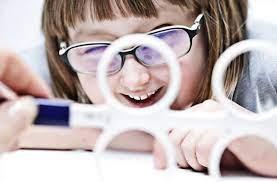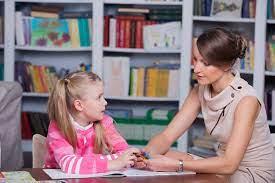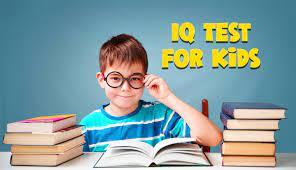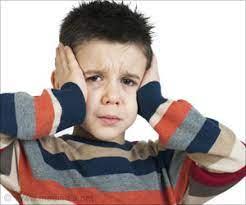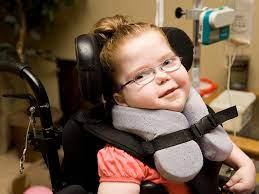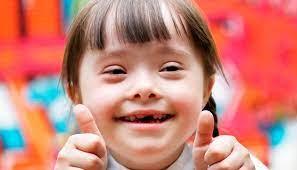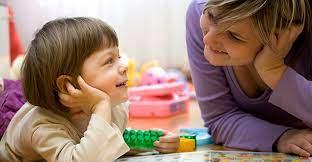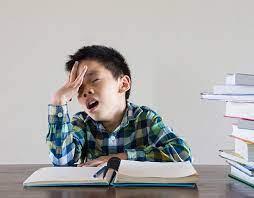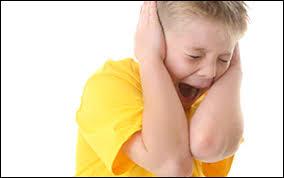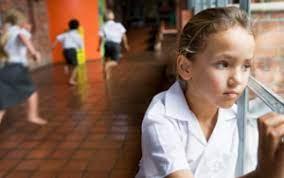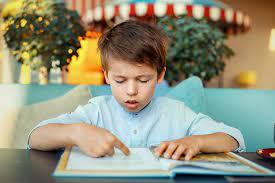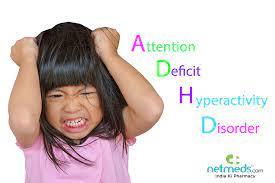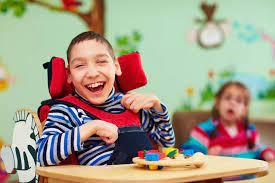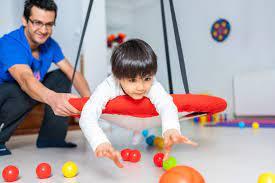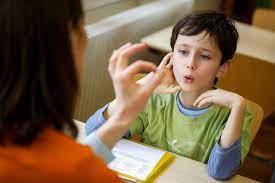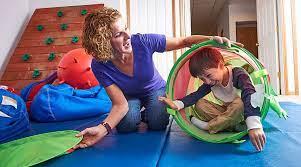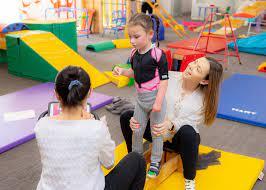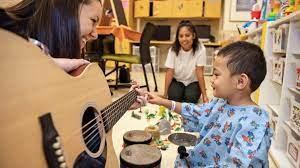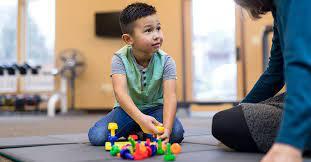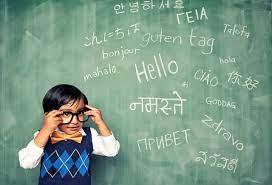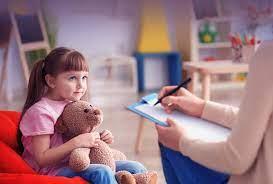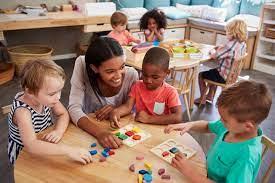,,--20,20 checkboolean -- False
,,--20,20 checkboolean -- False
,,--20,20 checkboolean -- False
,,--20,20 checkboolean -- False
20,20,--20,20 checkboolean -- True
20,20,--20,20
Vision Therapy
Vision therapy is a program that aims to improve a person's visual abilities. It uses a variety of ways – such as eye exercises, testing, occlusion (patching) lenses and prisms – to treat a range of visual problems. Vision therapy may be used to treat problems such as: amblyopia (lazy eye) ...
View More20,20,--20,20 checkboolean -- True
20,20,--20,20
Behaviour Therapy
Behaviour therapy or behavioural psychotherapy is a broad term referring to clinical psychotherapy that uses techniques derived from behaviourism and/or cognitive psychology. ...
View More20,20,--20,20 checkboolean -- True
20,20,--20,20
Cognitive Behavioral Therapy
Cognitive behavioral therapy is a psycho-social intervention that aims to reduce symptoms of various mental health conditions, primarily depression and anxiety disorders ...
View More20,20,--20,20 checkboolean -- True
20,20,--20,20
I.Q Assessment
An intelligence quotient is a total score derived from a set of standardised tests or subtests designed to assess human intelligence.
View More20,20,--20,20 checkboolean -- True
20,20,--20,20
Autism, Aspergers (स्वमग्न मुले)
Asperger's Syndrome, a form of Autism Spectrum Disorder, is a developmental disorder. Young people with Asperger's Syndrome have a difficult time relating to others socially and their behavior and thinking patterns can be rigid and repetitive. ...
View More20,20,--20,20 checkboolean -- True
20,20,--20,20
ADHD (अतिचंचलता)
ADHD is one of the most common neurodevelopmental disorders of childhood. It is usually first diagnosed in childhood and often lasts into adulthood. Children with ADHD may have trouble paying attention, controlling impulsive behaviors (may act without thinking about what the result will be), or be overly active. ...
View More20,20,--20,20 checkboolean -- True
20,20,--20,20
Behavior Problems (वर्तणूक समस्य)
Children sometimes argue, are aggressive, or act angry or defiant around adults. A behavior disorder may be diagnosed when these disruptive behaviors are uncommon for the child's age at the time, persist over time, or are severe. ...
View More20,20,--20,20 checkboolean -- True
20,20,--20,20
Cerebral Palsy (पक्षघात)
Cerebral palsy (CP) is a group of disorders that affect a person's ability to move and maintain balance and posture. CP is the most common motor disability in childhood. Cerebral means having to do with the brain. Palsy means weakness or problems with using the muscles. ...
View More20,20,--20,20 checkboolean -- True
20,20,--20,20
Down Syndrome (डाउन सिन्ड्रोम)
Down syndrome is a condition in which a person has an extra chromosome or an extra piece of a chromosome. This extra copy changes how a baby's body and brain develop. It can cause both mental and physical challenges during their lifetime. ...
View More20,20,--20,20 checkboolean -- True
20,20,--20,20
Dyslexia (वाचन समस्या)
Dyslexia is a learning disorder that involves difficulty reading due to problems identifying speech sounds and learning how they relate to letters and words (decoding). Also called a reading disability, dyslexia is a result of individual differences in areas of the brain that process language. ...
View More20,20,--20,20 checkboolean -- True
20,20,--20,20
Dysgraphia (लेखन समस्या)
What is dysgraphia? Dysgraphia is a neurological disorder characterized by writing disabilities. Specifically, the disorder causes a person's writing to be distorted or incorrect. In children, the disorder generally emerges when they are first introduced to writing. ...
View More20,20,--20,20 checkboolean -- True
20,20,--20,20
Mental Retardation (मतिमंदता )
Intellectual disability (ID), once called mental retardation, is characterized by below-average intelligence or mental ability and a lack of skills necessary for day-to-day living. People with intellectual disabilities can and do learn new skills, but they learn them more slowly. ...
View More20,20,--20,20 checkboolean -- True
20,20,--20,20
Sensory Processing Disorders (संवेदिक अडथळा)
Sensory processing disorder (SPD) is a condition that affects how your brain processes sensory information (stimuli). Sensory information includes things you see, hear, smell, taste, or touch. SPD can affect all of your senses, or just one. SPD usually means you're overly sensitive to stimuli that other people are not. ...
View More20,20,--20,20 checkboolean -- True
20,20,--20,20
Social Skill Deficits (सामाजिक अडथळा)
What is Sensory Integration Therapy? Sensory integration therapy, which was developed in the 1970s by an OT, A. Jean Ayres, is designed to help children with sensory-processing problems (including possibly those with ASDs) cope with the difficulties they have processing sensory input. ...
View More20,20,--20,20 checkboolean -- True
20,20,--20,20
Slow Learners (गतिमंदता)
Slow learners are children whose IQ ranks between 70 - 90%. Their educational attainment is less than 80% of what is normal for their age. However, they are not mentally challenged. They are low in achieving academic skills and often ignored as a part of the school setting, being considered dull and lazy. ...
View More20,20,--20,20 checkboolean -- True
20,20,--20,20
ADD (एकाग्रता नसणारे)
Attention-deficit/hyperactivity disorder (ADHD) is a chronic condition that affects millions of children and often continues into adulthood. ADHD includes a combination of persistent problems, such as difficulty sustaining attention, hyperactivity and impulsive behavior. ...
View More20,20,--20,20 checkboolean -- True
20,20,--20,20
Special Education
Special education serves children with emotional, behavioral, or cognitive impairments or with intellectual, hearing, vision, speech, or learning disabilities; gifted children with advanced academic abilities; and children with orthopedic or neurological impairments. ...
View More20,20,--20,20 checkboolean -- True
20,20,--20,20
Occupational Therapy
Occupational therapy focuses on body functions and the ability to do basic things independently. It can help children with special needs to participate in social situations independently with confidence. ...
View More20,20,--20,20 checkboolean -- True
20,20,--20,20
Speech Therapy
Speech therapy assesses and treats speech disorders and communication problems. It helps people develop skills like comprehension, clarity, voice, fluency and sound production. Speech therapy can treat childhood speech disorders or adult speech impairments caused by stroke, brain injury or other conditions. ...
View More20,20,--20,20 checkboolean -- True
20,20,--20,20
Sensory Integration Therapy
What is Sensory Integration Therapy? Sensory integration therapy, which was developed in the 1970s by an OT, A. Jean Ayres, is designed to help children with sensory-processing problems (including possibly those with ASDs) cope with the difficulties they have processing sensory input. ...
View More20,20,--20,20 checkboolean -- True
20,20,--20,20
Physiotherapy
Physiotherapists work with children and their families to identify movement and functional difficulties. We aim to help the child to manage their physical symptoms and achieve functional mobility. We assess, treat and advise on exercises and activities which the child can do with their family and in school. ...
View More20,20,--20,20 checkboolean -- True
20,20,--20,20
Music Therapy
Music therapy can help a child manage pain and stressful situations. Music can encourage socialization, self-expression, communication, and motor development. Because the brain processes music in both hemispheres, music can stimulate cognitive functioning and may be used for remediation of some speech/language skills. ...
View More20,20,--20,20 checkboolean -- True
20,20,--20,20
Play Therapy
Play therapy refers to a range of methods of capitalising on children's natural urge to explore and harnessing it to meet and respond to the developmental and later also their mental health needs. ...
View More20,20,--20,20 checkboolean -- True
20,20,--20,20
Remedial Education
Remedial education (also known as developmental education, basic skills education, compensatory education, preparatory education, and academic upgrading) is assigned to assist students in order to achieve expected competencies in core academic skills such as literacy and numeracy. ...
View More20,20,--20,20 checkboolean -- True
20,20,--20,20
Counselling
Counselling can be helpful for the child or adolescent you are caring for when: There are behavioural issues or changes in behaviour that are troubling you and/ or the child. You are concerned about the child's social skills, learning abilities or other matters. ...
View More20,20,--20,20 checkboolean -- True
20,20,--20,20
Early Intervention Assessment
That process is called an early intervention evaluation. The goal is to see if your child needs some help to make progress in life skills, like talking, crawling, or learning. Each state handles things slightly differently. But in all states, this evaluation is called an initial assessment or an eligibility assessment. ...
View More
